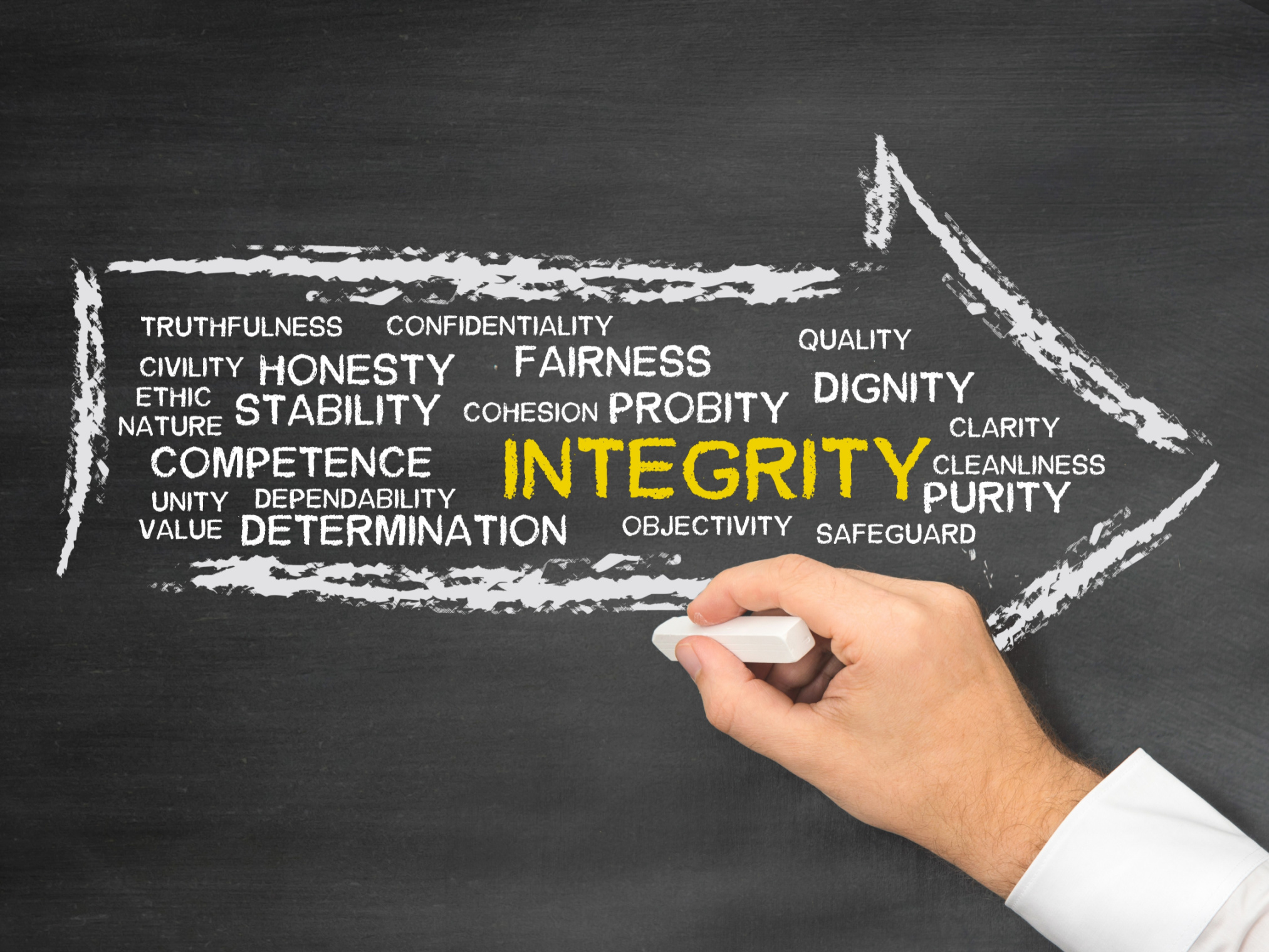
In today’s political climate, grace feels almost radical. We live in an era of instant outrage — where one misstep can erase a lifetime of good, and where disagreement often turns into disdain. Yet grace, at its core, is what keeps humanity in our politics. It’s what softens the edges of our convictions and reminds us that every person, even those we oppose, is worthy of dignity.
Grace is not weakness. It’s strength under control. It’s the pause before we react. It’s choosing to see the person before the position — the heart before the headline. And it’s something our country desperately needs right now.
Grace in the Public Square
Politics was never meant to be a battleground for destruction. It was meant to be a place of debate, persuasion, and progress — where ideas could clash without people doing the same. Somewhere along the way, we lost that balance.
We began equating victory with humiliation. We stopped offering grace to those who stumble, and instead, we wait for their mistakes like predators circling prey. We celebrate “gotcha” moments and forget that true leadership is found not in the takedown, but in the turnaround.
Grace allows room for redemption. It acknowledges that people are capable of growth — that one bad decision, one wrong word, or one failed moment doesn’t define a life. When grace leaves our politics, forgiveness leaves with it, and all that remains is fear.
The Courage to Show Grace
Showing grace in politics takes courage. It’s easy to write someone off, to cancel, to condemn. What’s hard is to offer a hand instead of a hammer. Grace doesn’t excuse bad behavior, but it believes in the power of change.
Think about the leaders in history who inspired genuine transformation — not by destroying their opponents, but by disarming them with grace. Abraham Lincoln famously said, “Do I not destroy my enemies when I make them my friends?” That’s grace in motion.
It takes strength to look at someone who’s wronged you or betrayed your trust and say, “I see more in you than this moment.” That’s not softness — that’s moral fortitude.
When Grace Meets Conviction
Grace does not mean surrendering your principles. It means living them fully. You can stand firm on truth and still treat others with compassion. You can disagree fiercely and still refuse to dehumanize.
In our rush to prove ourselves “right,” we’ve forgotten how to be kind. But kindness doesn’t weaken conviction; it amplifies it. Grace adds credibility to courage. It’s what turns confrontation into conversation and prevents passion from becoming poison.
The Grace We Owe Each Other
If we want to restore civility in America, grace must lead the way. It begins with how we treat our neighbors, our colleagues, our leaders, and even strangers online. It’s taking a breath before responding. It’s recognizing that someone else’s bad day doesn’t have to ruin ours.
Grace reminds us that people are more than their opinions, and that our common humanity is more important than our political tribes. It’s what keeps compassion alive in public life — and compassion, more than ideology, is what changes the world.
A Call to Lead with Grace
The politics of grace doesn’t mean silence. It means strength that speaks with gentleness, conviction that refuses to crush. It’s standing firm on principle while still making space for people.
When we choose grace, we give others permission to do the same. We lower the volume, raise the tone, and open the door to healing. That’s not politics as usual — that’s leadership.
America doesn’t just need better arguments. It needs better hearts.
Grace is where that begins.
RECENT










BE THE FIRST TO KNOW

More Content By
Jessica Curtis












